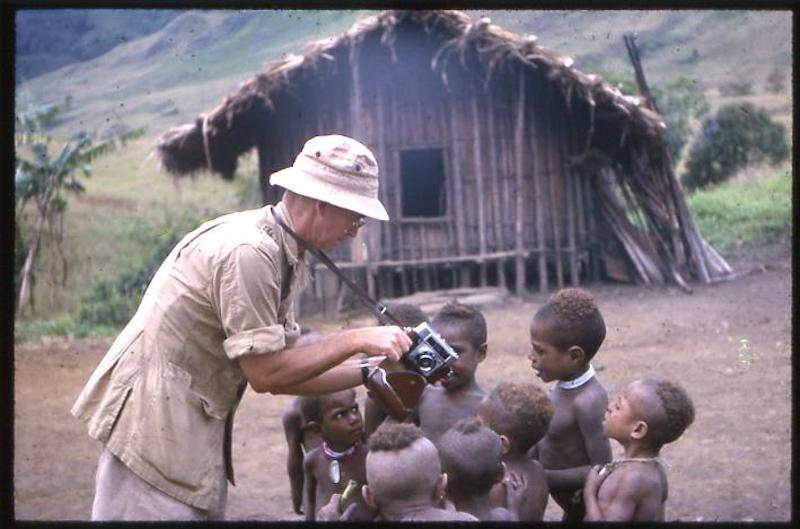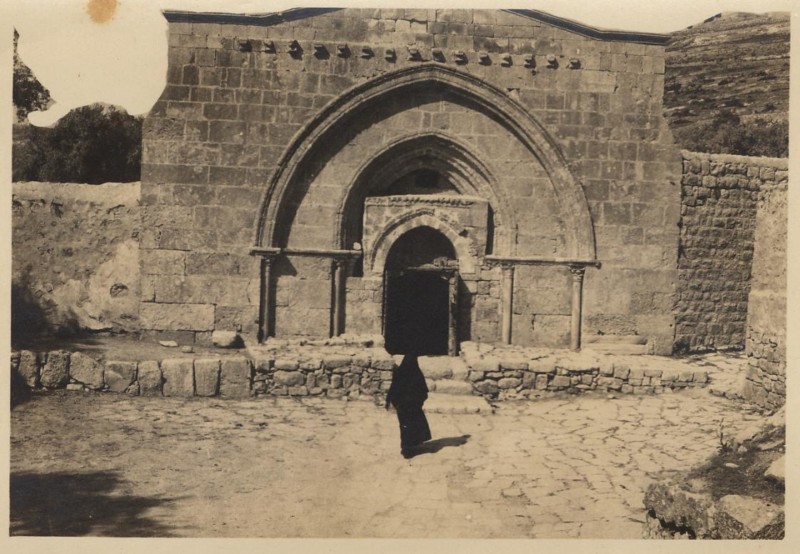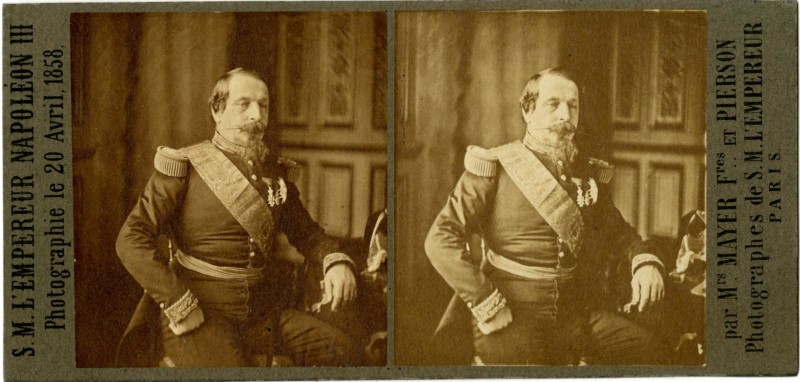The British Museum Just Put 1.9 Million Images Online for Public Use
![]()
Earlier this week, the British Museum made nearly 2 million high-resolution photographs and images of artifacts within their collection available to the public, allowing you to download and use the images under the Creative Commons BY-NC-SA 4.0 license.
This announcement—part of a broader movement from many major institutions to make their collections available online—was made on Tuesday over Twitter. “We’ve been working extra hard to bring you this update early,” reads the Tweet, “so you can #MuseumfromHome even better than before.”
You can browse 4.5m objects and 1.9m images, and there are lots of new updates – you can now zoom in and pan over images, revealing more detail than ever before.
Try it out on the Game of Ur here: https://t.co/FfgVAMkGnv #MuseumFromHome pic.twitter.com/Wk6DqIketr
— British Museum (@britishmuseum) April 28, 2020
The revamped collection consists of everything from iconic artifacts like the Rosetta Stone, to paintings and sketches by history’s greatest artists, to (you guessed it) tens of thousands of early photographs, albums, and prints.
If you’re looking for something in particular the search tool is quite robust, allowing you to filter by related person/organization, object type, related place, or museum number. Once you find an image you want to use (non-commercially, of course), you can click the “Use This Image” button at the bottom right to be taken to a downloads page, where the terms are clearly spelled out.



To browse the full collection for yourself or find out more about this major update, head over to the British Museum website.
And if you want to access even more free-to-use imagery from some of the world’s most esteemed institutions, remember that the Smithsonian released 2.8 million images into the public domain in February, the Paris Museum did something similar in January, and several others have been uploading images to the online platform Unsplash as well.
(via VICE)